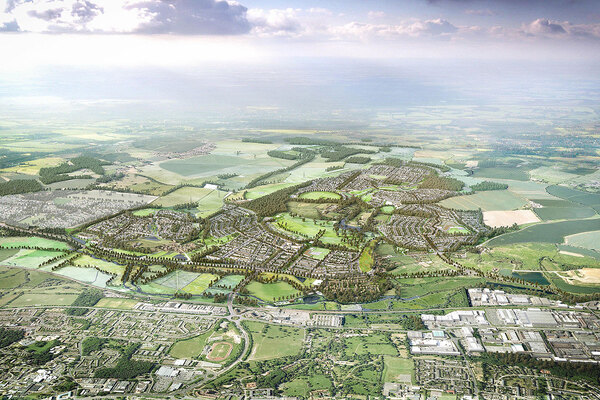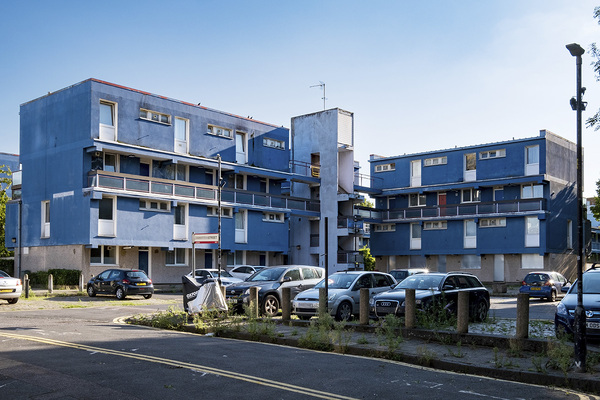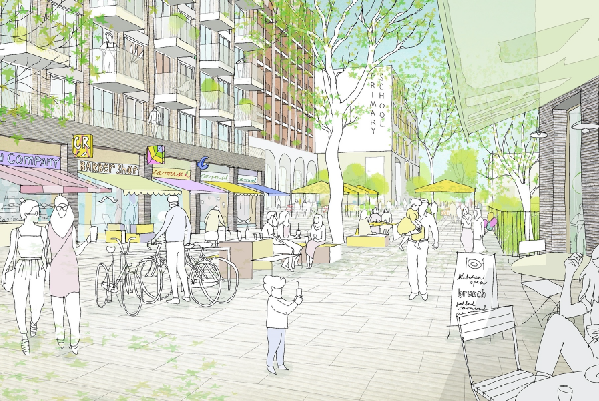Don’t derail us now
Spending cuts threaten the north just as its regeneration is picking up a head of steam
The major findings of our new report, The credit crunch, recession and regeneration in the north, come as no surprise. The economy, public finances and regeneration have had a bad time and may get worse in the immediate future. The north has suffered more than the rest of the country. But it is not all bad news.
First, although hard, it has not been as bad as some feared a year ago. In particular, the sense of crisis in mid- 2009 has eased considerably. Indeed, some leaders in the north have argued that developers are beginning to put their toe in the water again.
Second, many places had experienced such a good period in the decade before 2007 that they were starting from a higher base line and have not slipped back. Third, many feel the position - and certainly the mood - has not been as bad as in the 1980s when the north was going through massive industrial and economic restructuring.
But there is no point being unrealistic. This is not a new, southern-based, middle class recession which has hit financial services worst. Instead, as ever, the places traditionally associated with declining manufacturing industries and semi and unskilled employees have been more badly hit. This is an old-fashioned northern recession, although the bigger core cities have coped better than the more peripheral one-horse towns.
Most importantly, just as some think they can see the end of the private sector regeneration recession, they are seeing the beginnings of a public sector recession. There are real worries - especially in the private sector - that cuts in public expenditure will choke off the returning growth in confidence and condemn the region to a much longer period of lower growth.
Many good people are doing good things to cope with the impact of the recession. But often their scope for action is limited and their resources declining. We are at a crucial moment for the economy of the north. Decision-makers in the public and private sectors must recognise:
- The real achievements made in the north during the past decade;
- The potential for economic growth and regeneration in future;
- The risks of a policy that reduces commitment, expenditure and intervention too soon on the grounds that the job of regeneration and economic recovery has already been done - or, more likely, that it is now too expensive to be done.
The northern ask is for Whitehall to commit to regeneration, to the north and to a fair share of public expenditure in future. In return, the north must offer an economic regeneration and recovery plan which shows how it will use limited resources to grow its burgeoning value-added economy. This is a plea for continued sustainable investment - not a begging bowl for a black hole. It is in the national interest, not the north’s special interest. Policy makers should listen and act.
Professor Michael Parkinson is director of the European Institute for Urban Affairs at Liverpool John Moores University







